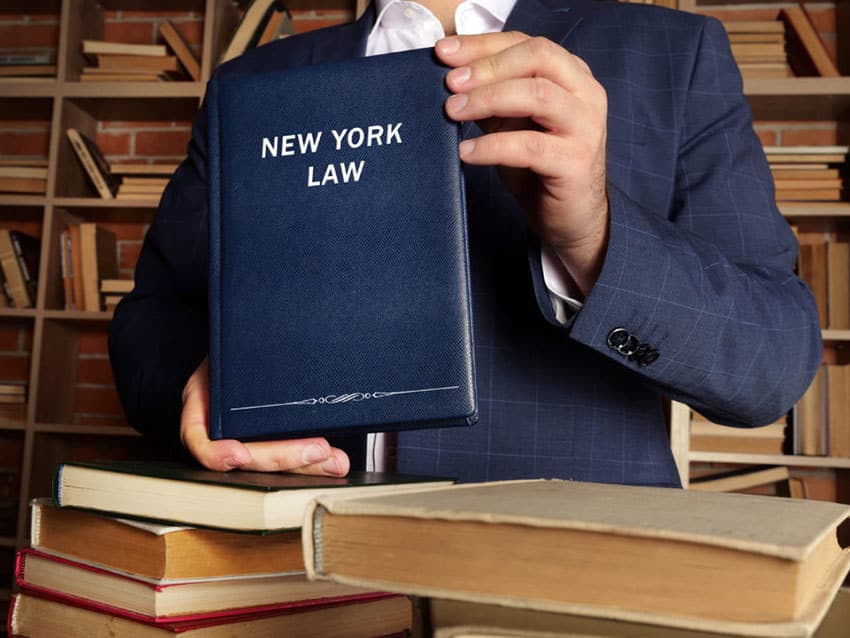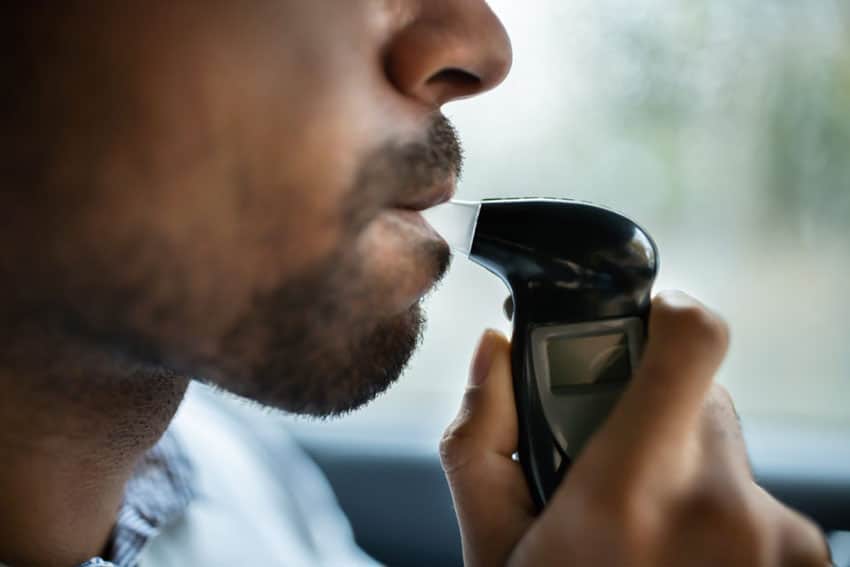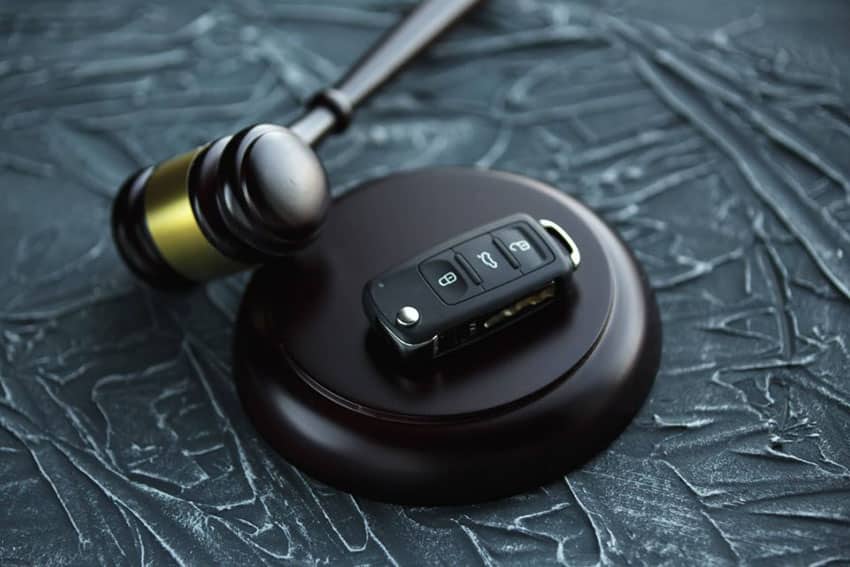After being arrested and charged with a DWI, the accused is often released and issued an appearance tickets with a date to appear in court. For many, especially those arrested for the first time, this leads to a number of questions. One of the key questions many people have is, “what happens at my first court date?” The answer to that question can vary significantly based upon the specific individual and the set of facts and circumstances regarding their case. Therefore, it is extremely important to obtain competent representation to guide the accused through the complex legal process beginning with that first court appearance; arraignment.
Arraignment is the formal reading of the charges in the presence of the defendant to inform the defendant of the charges he/she is facing. At a DWI arraignment, a number of other things can and often will occur that it is important to be prepared for. An attorney well versed in the area of DWI defense is able to adequately inform and prepare the defendant for the various scenarios that can play out at arraignment. It is also important to ensure that the defendant’s rights are being protected.
At arraignment, the presiding judge will read the charges the accused is facing aloud onto the record. It is important to understand that these proceedings are being recorded, or in some cases, being transcribed by a court transcriptionist. As it is a criminal proceeding, any statements made by the defendant at arraignment could be used against that person in their case. Every word is subject to scrutiny. What may seem to be a simple statement or response to a question could actually be detrimental to the defendant’s case. A defendant may try to offer an explanation to the court as to what happened the date of the arrest in order to try to mitigate the circumstances. Often, these explanations made with good intentions can be incriminating to the defendant. A good DWI defense attorney is able to guide their client through the arraignment process and make sure that they do not make a statement that will do more harm than good.
After reading the charges aloud to the defendant on the record at arraignment, the judge will expect a client to enter a plea. Generally, the judge will expect the defendant to enter a plea of “guilty” or “not guilty.” The accused may decide to enter a plea of “guilty” to the charges they are facing for various reasons. One of those reasons may be that the person “feels that they did it,” so they should enter a guilty plea. While their intentions may be genuine, the resulting plea can open the defendant up to a number of penalties that they may not even understand. Further, a DWI defense attorney may be able to show the individual that they are not in fact “guilty” of the crime that is alleged. Also, the attorney may be able to negotiate a plea agreement with the District Attorney’s Office that is significantly better than pleading guilty to the incident. In some cases, it will allow a defendant to avoid a criminal record that will last the rest of their life.
Another reason a defendant may enter a guilty plea at arraignment without an attorney is to avoid having to pay the cost of retaining counsel. This is not a wise decision. What a defendant may save in attorney fees, they may pay a much higher cost as a result of their guilty plea. Besides higher fines and surcharges, the defendant may also pay in areas they do not understand resulting from their plea of guilty. Further, by not following fully understandings the conditions of their plea, a defendant may end up opening themselves up to the possibility of a term of incarceration.
Besides the potential incriminating statement a defendant may mistakenly make or pleading guilty where a better result could be obtained, there are also actions the presiding judge is mandated to take against a defendant’s driver’s license at arraignment. Pursuant to Vehicle and Traffic Law Section 1193, a judge is required to suspend a defendant’s driver’s license pending prosecution. When suspended pending prosecution, a defendant’s driving privileges in the State of New York will be suspended until the case is resolved. A defendant with a New York State Driver’s License will have his/her license seized by the court and sent to the Department of Motor Vehicles.
For many, the inability to drive to work may result in the loss of their job and the inability to provide for themselves and their family. The inability to drive to medical appointments may cause severe health issues. Depending on the facts and circumstances, an experienced DWI defense attorney may be able to prevent suspension pending prosecution. The attorney is able to review the appropriate paperwork and determine if the proper requirements have been met to allow for suspension of driving privileges pending prosecution. In other cases, the defense attorney may be able to postpone the suspension of their client’s driving privileges. Alternatively, the attorney may be able to make compelling arguments through the appropriate application to the Court in order to allow their client to maintain certain driving privileges. These driving privileges may allow a defendant to continue to work and save their job.
Obtaining a good defense attorney is crucial in any criminal matter. This holds true when one is charged with DWI. Retaining counsel earlier rather than later is extremely important in order to prepare the best possible defense that will yield the best result for the defendant. A DWI charge is not a simple traffic ticket; it is a serious criminal charge. Your freedom, rights, and often livelihood are at stake. Accordingly, it is important to have qualified counsel present with you at all stages of the case, including arraignment.
The exclusive purpose of this article is educational and it is not intended as either legal advice or a general solution to any specific legal problem. Corporate offices for DWI Team DWI Defense Attorneys are located at 432 N. Franklin Street, Suite 80, Syracuse, NY 13204; Telephone No.: 1-866-792-7800. Prior results do not guarantee a similar outcome. Attorney Advertising.











